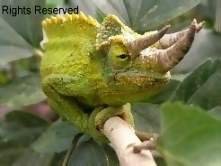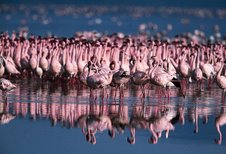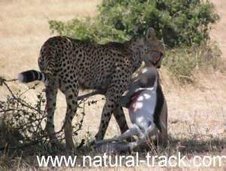The Moringa tree is grown mainly in semi-arid tropical and subtropical areas, corresponding in dry, sandy soil; it tolerates poor soil, including coastal areas. It is a fast growing drought resistant tree. Moringa is grown in home gardens and as living fences and where it is commonly sold in local markets. It is commonly grown for its leaves which are used in soup.
Cultivation
Moringa is propagated by planting 1-2m long limbs cutting. The plant starts bearing pods 6-8 months after planting but regular bearing cornimence after the second year. Continuing for several years. It can also be propagated by seed which are planted on below the surface and can be germinated year round in well draining soil.
As with all plant optimum cultivation depends on producing
the right environment for the plant and thus they do not tolerate freeze or
frost. Morning is particularly suitable for dry regions as it can be grown
using rain water without expensive irrigation techniques.
Roots
The roots are shredded and used as a condiment and
potentially having paralyzing properties. Many parts of the moringa are edible.
Regional uses of moringa as food vary widely and includes;
-
the immature seed pods called drumsticks
-
nature seeds
-
the leaves
-
oil pressed from the mature seeds.
-
Roots
In some region, the seed pods are commonly eaten while in
others, the leaves are the most commonly used part of the plant. The flowers
are edible when cooked and are said to taste like mushrooms. The bark, sap
roots seed oil and flowers are used in traditional medicine in several places.
Leaves
The leaves are the most nutritious part of the plant being a
significant source of B vitamins, vitamin C provitamin as beta carotene,
vitamin k and protein among others essential nutrients.
The leaves are cooked and used like spinach. In addition to
being used fresh as a substitute for spinach its leaves are commonly dried and
crushed into a powder used in soups and sources.
PKP. Kenya safari
Natural Track Safaris.
Natural Track Safaris.








